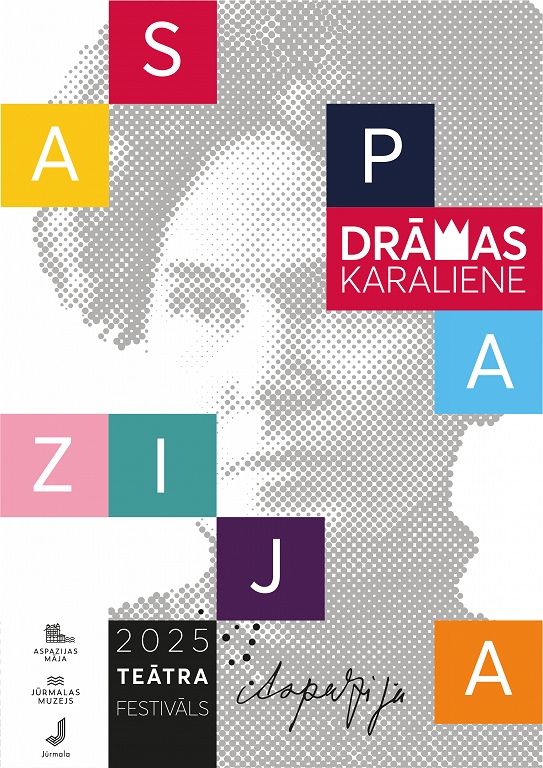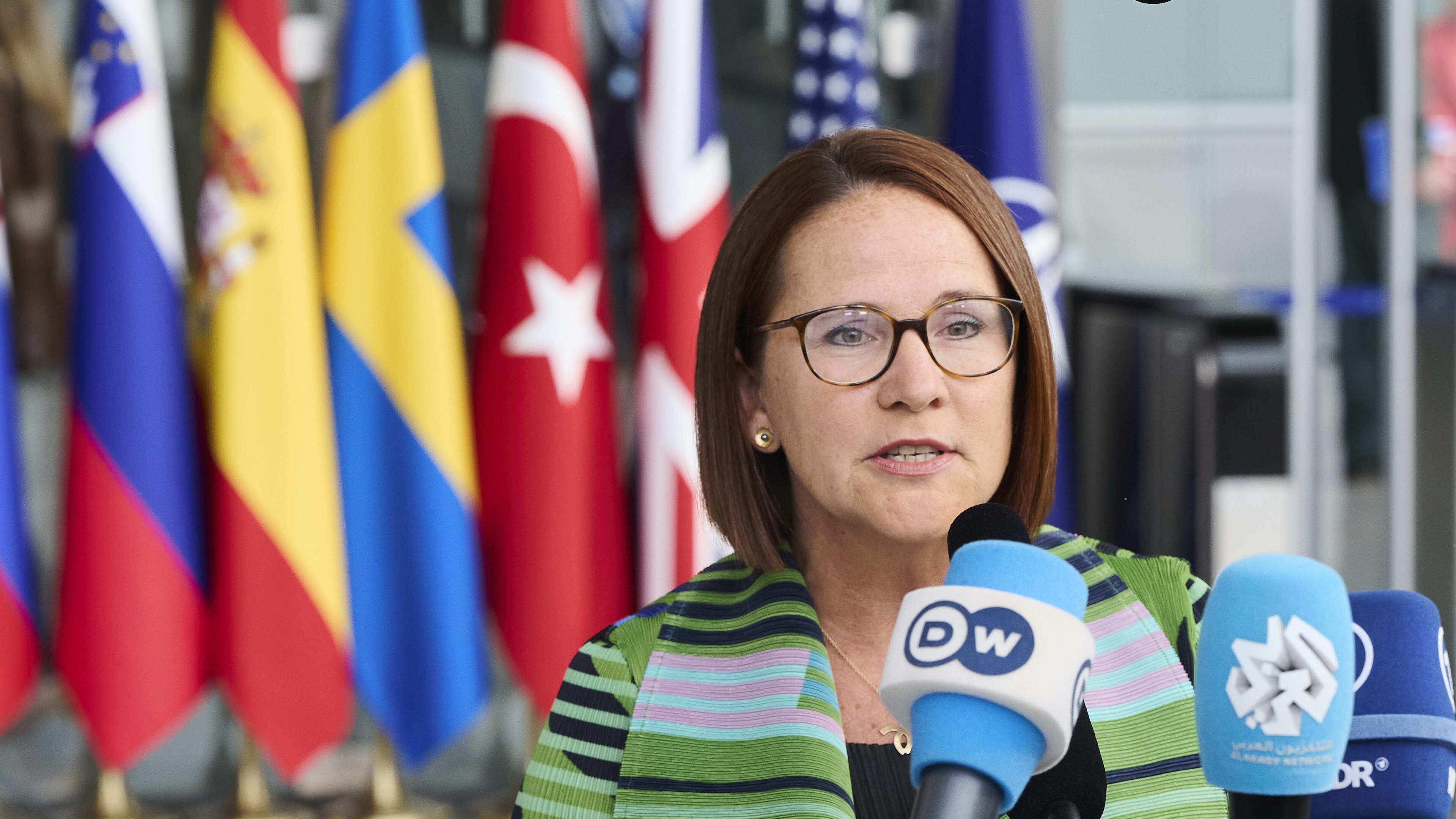Swedish reporter ejected from interview – asked about diversity

On Wednesday, April 2, P1 Kultur’s reporter Emma Engström was connected for a short digital interview with Viola Davis about the new action movie « G20 ». The film takes place, as the title suggests, at a G20 meeting-an international forum that brings together the 20 largest and fastest growing economies in the world.
The protagonist is the President of the United States, played by Viola Davis.
A few minutes before Emma Engström was let into the meeting room with the Hollywood star, she received a chat message from the film’s PR department about staying away from political issues.
– I never think I have been given an instruction not to ask about politics, says Emma Engström.
She replied the PR department that it would be difficult, and was told that the questions had to be political as long as they were about the film, not reality.
– The film is about politics and is incredibly up to date. It depicts an American president who is a woman and black. It takes place at a G20 meeting in South Africa, where they are held in reality this year. Recently, the United States chose not to attend because they think South Africa uses the meetings as a way to conduct opinion for, among other things, diversity, she says.
Diversity in film is a current issue in the United States. The FCC authority has launched an investigation into the media companies Disney and ABC’s diversity work is discrimination, which among other things CNN have reported.
– « G20 » is also a movie that is very « diverse », both in front of and behind the camera. Viola Davis and her production company are behind the film together with Amazon Prime and it is obvious that they have worked with diversity. Against this background, I wanted to ask Viola Davis how she looks at what is happening in Hollywood, says Emma Engström.
Then it became quiet at the other end. Viola Davis did not answer the question. Then a PR person stepped in and said that the interview must be interrupted.
– I was very surprised. I had understood that it was sensitive, but an interview is an agreement. One cannot make completely unreasonable demands, such as a journalist not being allowed to talk about reality. I got angry afterwards, because I felt limited in my work, says Emma Engström.
The interview ended. Emma Engström also did not receive her follow -up interview with the film’s director, Patricia Riggen.
The event highlights the high pressure that Americans in the film industry are underneath, says Emma Engström.
– It became clear that there is a great deal of uncertainty about these issues in the United States. Much is at stake for those who make movies. Risking being investigated by the authorities is a big change, she says.
DN has searched Amazon.







/s3/static.nrc.nl/images/gn4/stripped/data133212332-41b949.jpg)